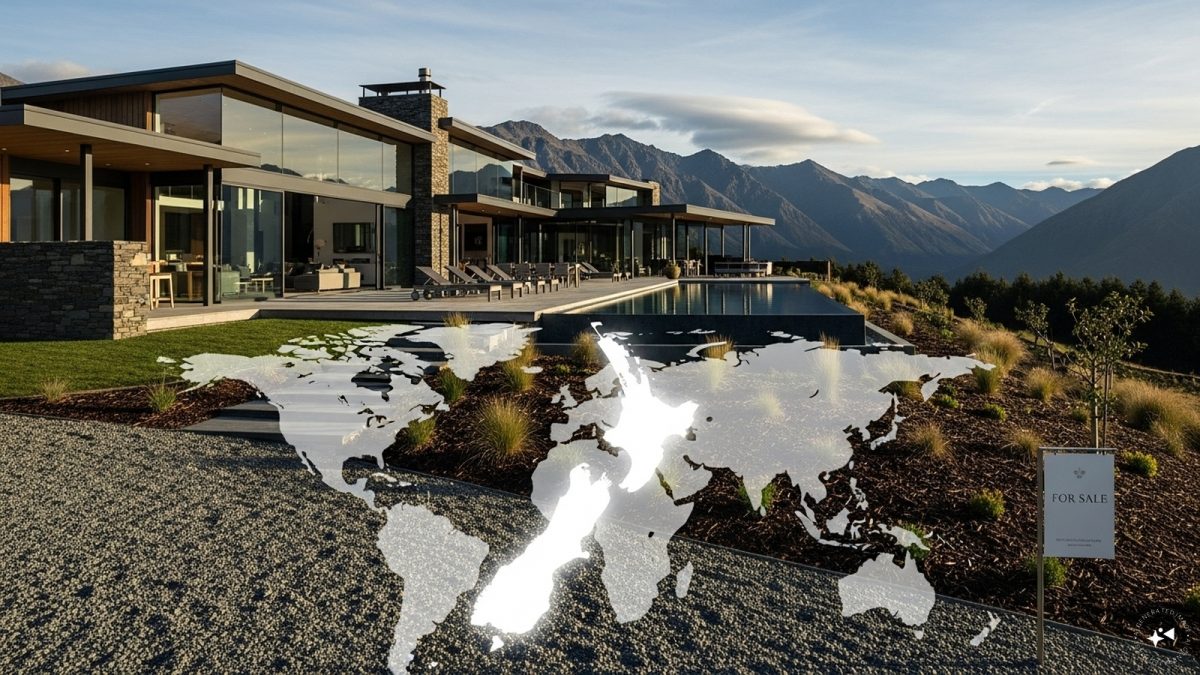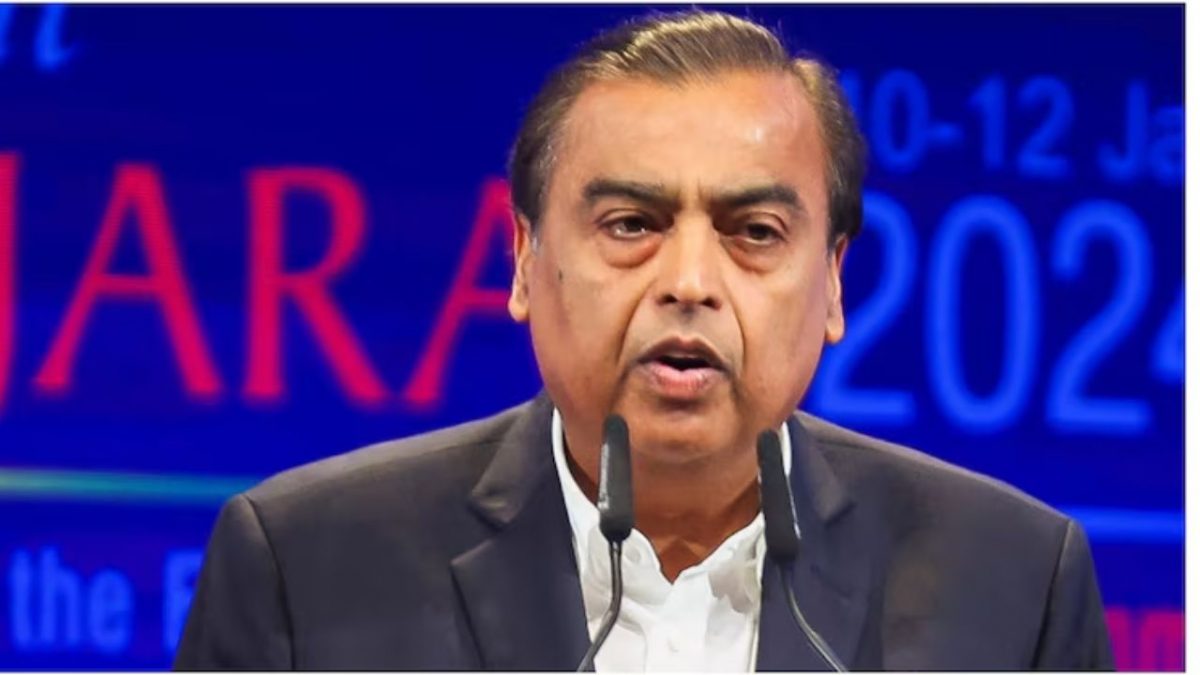New Zealand is considering exempting luxury homes from its foreign buyer ban, allowing golden visa holders to purchase properties worth over NZ$5 million as part of efforts to attract high-net-worth investors.
New Zealand may open the door for ultra-wealthy foreigners to purchase luxury homes, carving out an exemption from its long-standing ban on overseas buyers.
The proposal, aimed at attracting more high-net-worth investors, is expected to be discussed by the coalition government at a cabinet meeting on Monday, people familiar with the matter told Bloomberg.
If approved, the change would apply only to properties valued above NZ$5 million ($3 million) and be restricted to holders of so-called golden visas. The reform is tied to amendments in the Overseas Investment Act, meaning it would not take effect until the end of the year.
The move comes months after New Zealand revived its investor visa programme, renamed Active Investor Plus in April, as part of efforts to stimulate its sluggish economy. The scheme, relaunched against a backdrop of heightened geopolitical uncertainty, has seen strong demand from wealthy individuals seeking safe havens. Yet, participants in the programme have so far been blocked from buying property.
Official figures show 267 applications for golden visas covering 862 individuals as of August 8, with a minimum potential investment pool of NZ$1.63 billion. Nearly 40% of applicants are from the United States.
Since 2018, foreign property ownership has been tightly restricted in New Zealand. Only citizens, tax residents and nationals of Australia and Singapore under trade agreements are permitted to freely purchase homes.
The ban was introduced by then-Prime Minister Jacinda Ardern to tackle housing affordability concerns and followed a controversy involving PayPal co-founder Peter Thiel’s New Zealand citizenship.
Luxon had campaigned in 2023 on a pledge to ease restrictions, suggesting foreigners be allowed to buy homes worth more than NZ$2 million subject to a 15% tax. But the plan was dropped during coalition negotiations with New Zealand First, a party that has long positioned itself as a defender of nationalist interests.
Talks between Luxon’s National Party and New Zealand First have since centred on whether easing the property ban could help draw more foreign capital. New Zealand First leader Winston Peters has previously indicated flexibility on the issue, telling Bloomberg News in March that he was open to allowing foreigners to purchase expensive houses if they also invested in the local economy.
Finance Minister Nicola Willis signalled earlier this month that a decision was imminent, saying in an interview with Bloomberg Television that “a decision would be made by our cabinet in the coming weeks.”
Still, the outcome remains uncertain. Peters is known for hard bargaining and populist rhetoric, often blending nationalist and anti-immigration themes into his politics. His 2023 campaign slogan “Let’s Take Back Our Country” highlighted his stance, leaving analysts cautious about predicting whether the exemption will ultimately pass.
End of Article

)

)